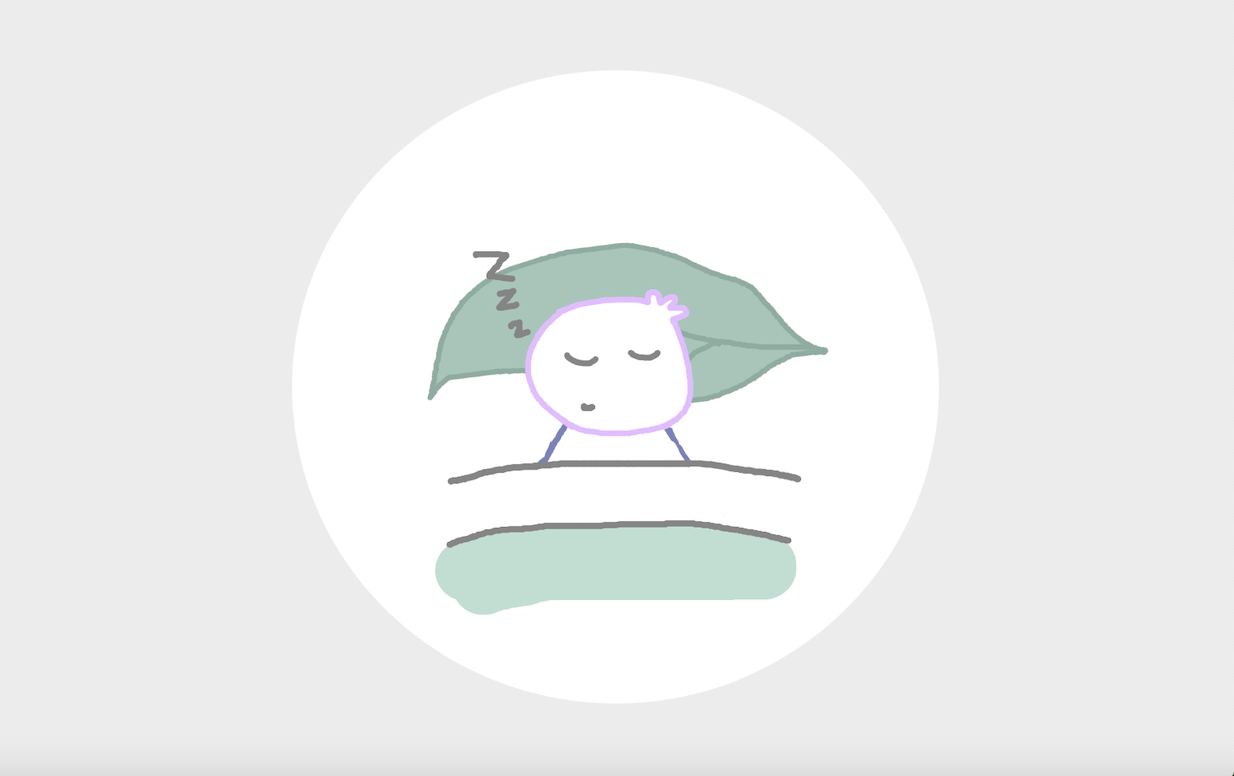Wellbeing webinar: the importance of sleep in students' lives

By April Whitworth, Third Year, Anthropology
The Croft // In the first of our series of write-ups on Transcendental Meditation Society's recent wellbeing webinars, we learn about the importance of sleep and how we can adapt our busy student schedules to help us get the best sleep we can.
It’s not news to anyone that good sleep is vital to one’s physical health. However, it is often underestimated how important a consistent sleep pattern is for a healthy and happy mind. This piece is supplemented with tips from Dr Sophie Renwick, who spoke about the importance of sleep in the Zoom webinar series 360 Degree Wellbeing for Bristol and Bath Students. Each week, the series looked at four ways to maximise your wellbeing: sleep, yoga, nutrition and meditation.
Sleep improves mental health
Mental health and sleep go hand in hand. If your sleep is improved, you are likely to see improvements in your wellbeing. Even if you are lucky enough to be free from mental health problems, you should take steps to protect yourself! Everyone can benefit from a healthy sleeping pattern.
This is especially important during a pandemic when life is uncertain. Although it is tempting to keep clicking ‘Next Episode’ on that Netflix show, keeping to a regular sleep schedule helps to maintain a sense of purpose and routine.
A variety of issues can lead to poor sleep, such as anxious thoughts, taking medication, using drugs and alcohol, or past trauma. However, sleep disorders are not only symptoms of mental health disorders, but they can actually contribute to their onset. As students, it is vital that we do everything we can to protect our mental health and wellbeing.
How you can improve your sleep hygiene as a student
Given the strong link between mental health and sleep, here is some practical advice. Chances are, you already know the top tips for getting a good night’s sleep: cutting down on caffeine, reducing screen time, getting enough hours, and so on. The difficulty is in adapting all of this to a uni lifestyle. If you struggle with this you are not alone, as 60 per cent of university students report poor-quality sleep. Here are four ways to improve:
1) Keep a regular sleeping pattern
A key method for improving sleep is maintaining a regular sleeping pattern. As a student, it’s unrealistic to expect to go to sleep at the same time every single night, but even sticking to a general routine when you’re not going out is an improvement. If you do have a late night and need to wake up for a lecture, the app Sleep Cycle helps you wake up during the lightest part of your sleep to avoid tiredness later in the day.
2) Make sure you're switching off
If you like to study in the evening or have looming deadlines, it can be difficult to wind down before bed. Meditation apps (like Headspace) are super effective at preparing you for sleep, as they help you to focus on your body and mind, and nothing else. If meditation isn’t your vibe, try listening to an audiobook or podcast – my sister swears by them!
3) Keep napping to a minimum
Although it is tempting to take a nap after a heavy night, it is shown that naps disturb your sleep later on. However, if you’re feeling very tired try taking a 20-minute-long power nap, as this avoids the deeper stages of sleep, to stop you feeling groggy.
Tidy space: tidy mind? How a clean and tidy environment can help to improve focus and mental wellbeing
Coping with uncertainty: why it's so tough and what to do about it
4) Avoid watching Netflix in bed
Try not to spend too much time in your bed during the day. Your mind should associate your bed with sleeping, so when you get in at night, you will feel sleepier. If you fancy a movie day (comprised fully of rom-coms if you’re anything like me), try to find a cosy spot or sofa instead!
If you are still struggling with your sleep, I recommend visiting your local GP with a sleep diary for personalised advice.
Sweet dreams!
You can find Transcendental Meditation society on Facebook here.
Featured image: Epigram / Robin Ireland
Do you have any interesting sleep tips? Let us know!
